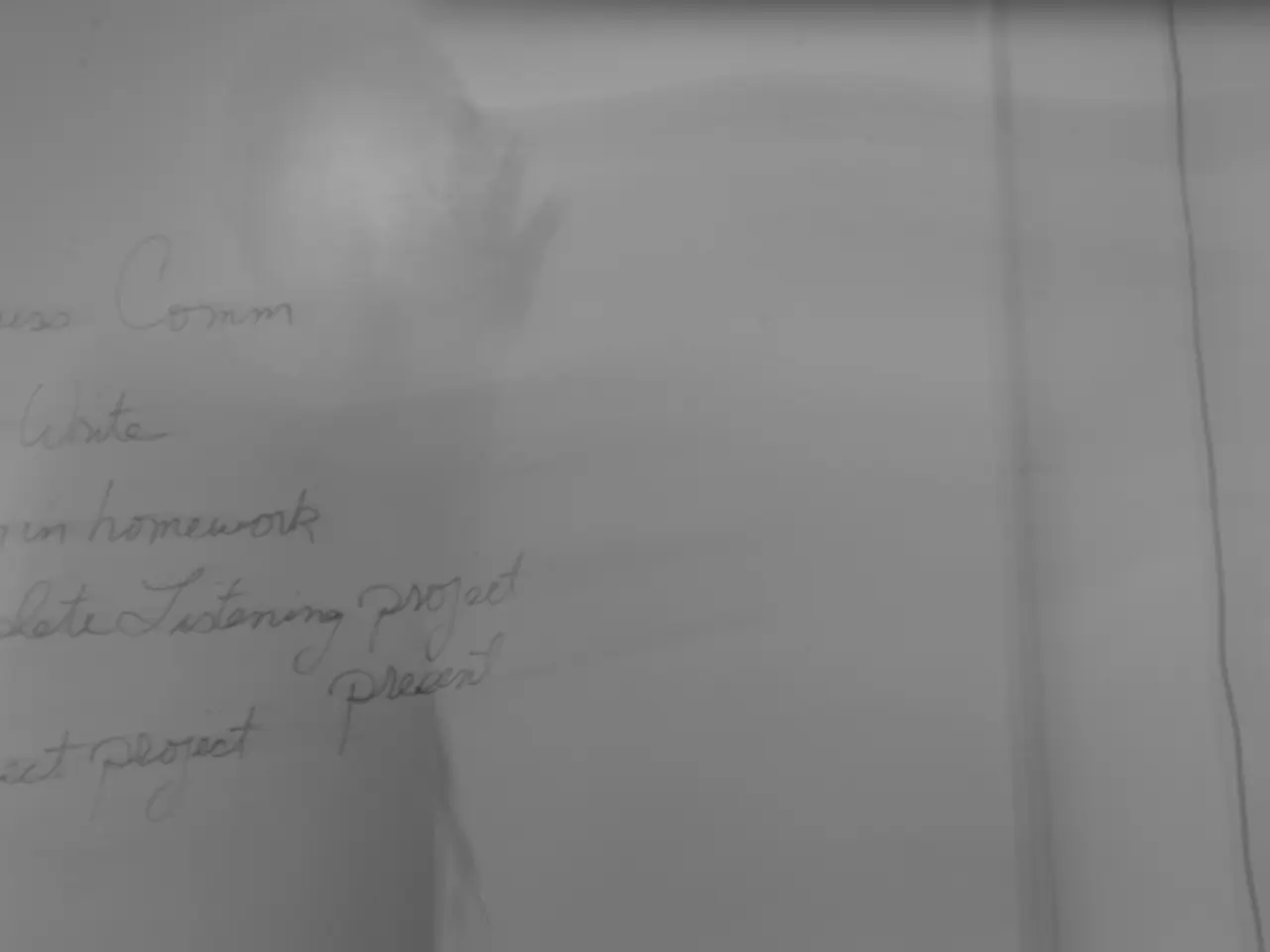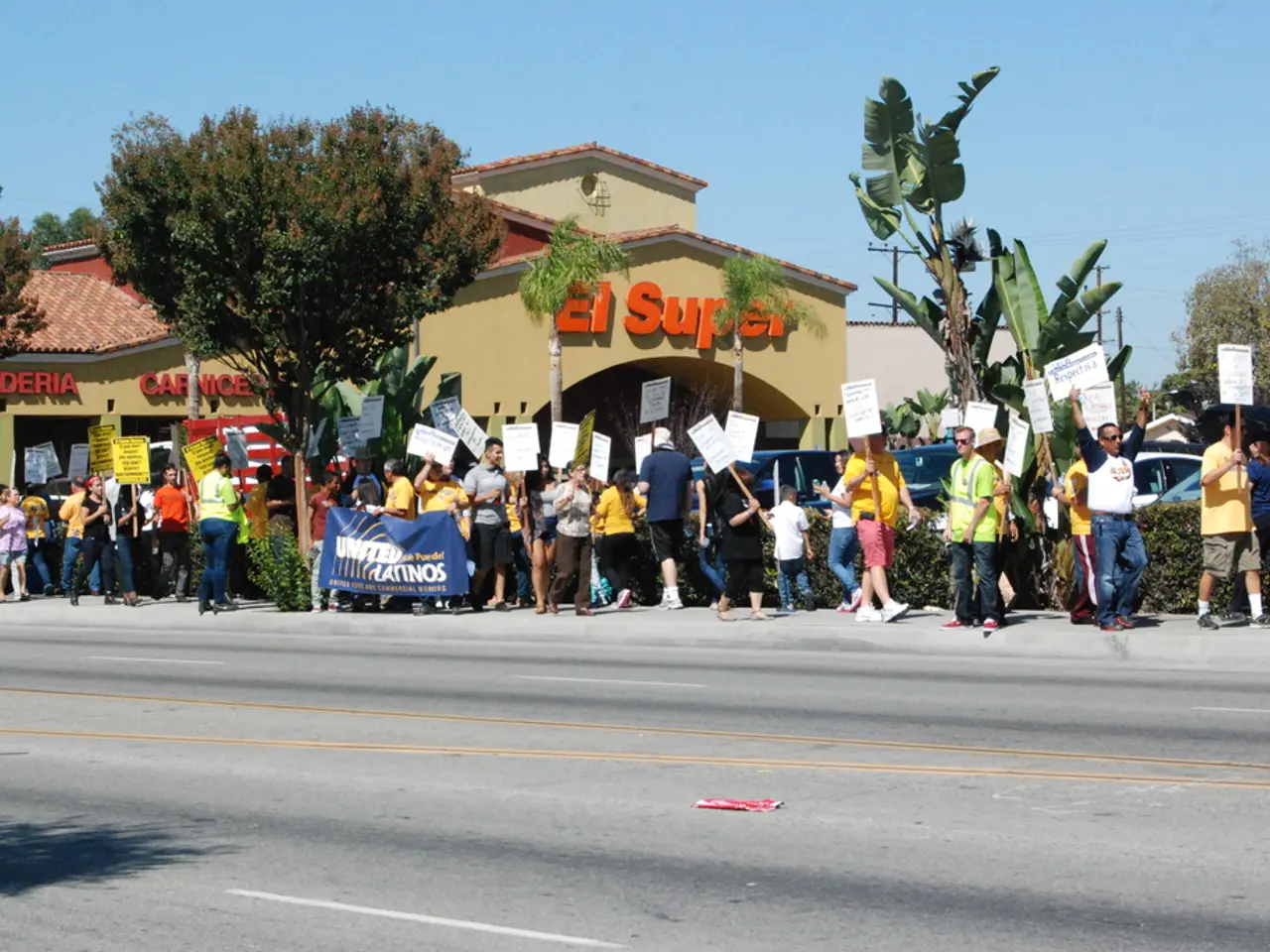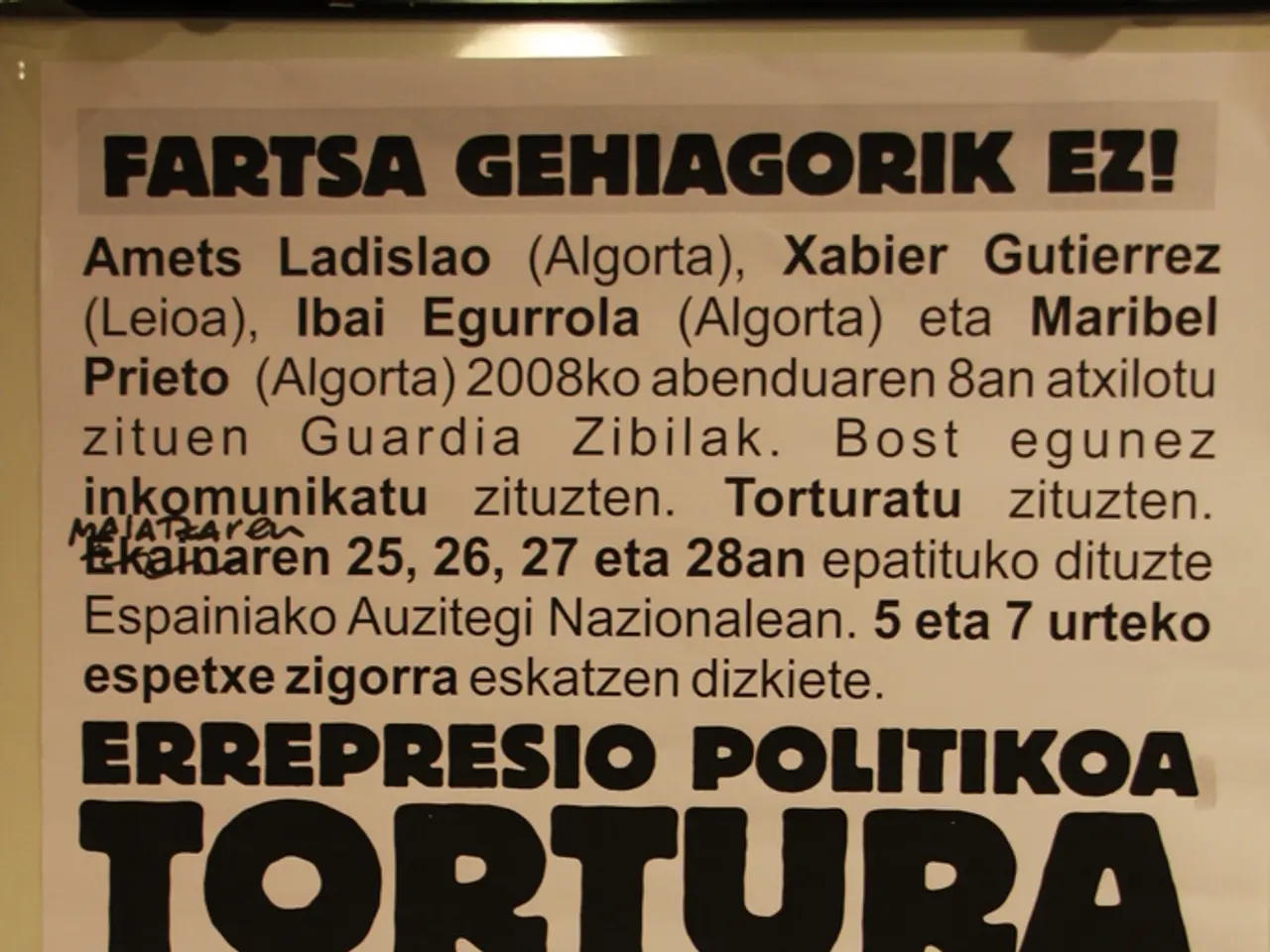Trump's planned restriction on birthright citizenship temporarily on ice, with implementation strategies still progressing
President Trump's Executive Order 14160, signed on January 20, 2025, aims to restrict automatic birthright citizenship by denying U.S. citizenship at birth to children born in the U.S. to parents who are either unlawfully present or temporarily present with certain visa categories, unless one parent has lawful permanent resident status or citizenship[1][3][5]. However, the order is currently blocked by multiple court injunctions and has not gone into effect[1][4].
The latest version of the battle over birthright citizenship changes is playing out in federal courtrooms. The order targets families where the child's mother is in the U.S. without legal status at the time of birth, and the father isn't a U.S. citizen or green card holder. It also applies to cases where the mother is in the country legally but only on a temporary visa, while the father lacks permanent residency or citizenship[1][4][5].
Key details of the executive order’s rules are:
- Children with at least one parent who is a U.S. citizen, national, lawful permanent resident, refugee, asylee, or certain other protected statuses would continue to receive citizenship at birth.
- Children born to parents both unlawfully present or only temporarily authorized (e.g., student visa, work visa, DACA) would not be granted birthright citizenship under this order[1][4][5].
The current status is that the executive order remains on hold due to federal court rulings that uphold the constitutional guarantee of birthright citizenship under the 14th Amendment, which broadly grants citizenship to anyone born on U.S. soil regardless of parental immigration status[1][2][3][4].
Key arguments for the executive order include deterrence of illegal immigration by removing incentives related to automatic citizenship for children born to undocumented immigrants, protection of the "meaning and value" of American citizenship, and the assertion that the 14th Amendment was never meant to apply to children of unlawful or temporary immigrants[1][3].
However, key arguments against the executive order include the explicit guarantee of citizenship to all persons born or naturalized in the U.S. by the 14th Amendment and the Supreme Court ruling in United States v. Wong Kim Ark (1898), civil rights and immigrant advocacy groups' claims that the order violates the Constitution and undermines immigrant communities’ rights, and practical difficulties and discriminatory effects[3][4].
Courts have consistently blocked the order, citing constitutional protections and its inconsistency with a century of legal precedent. The future of birthright citizenship in the U.S. remains uncertain due to the ongoing legal battle[1][2][3][4][5].
A Supreme Court ruling, dated June 27, 2025, has been in favor of the Trump administration on birthright citizenship. This ruling suggests that the United States is considering changes to birthright citizenship qualifications. These children could potentially apply to receive the same legal status as one of their parents, similar to the process for children of foreign diplomats.
USCIS advises holding off on any immigration enforcement for this group until official rules are finalized. The debate touches on both immigration policy and the definition of citizenship itself in the country. This executive order is a continuation of Trump's efforts to change birthright citizenship qualifications, which have been previously struck down by the courts for going against constitutional protections.
- The ongoing legal battle in federal courtrooms centers around President Trump's Executive Order 14160, which aims to modify birthright citizenship policies, specifically targeting children born to parents who are either unlawfully present or temporarily present with certain visa categories.
- The politics of war-and-conflicts and policy-and-legislation intersect as key arguments for and against the controversial executive order surrounding birthright citizenship changes are debated in the general news.








